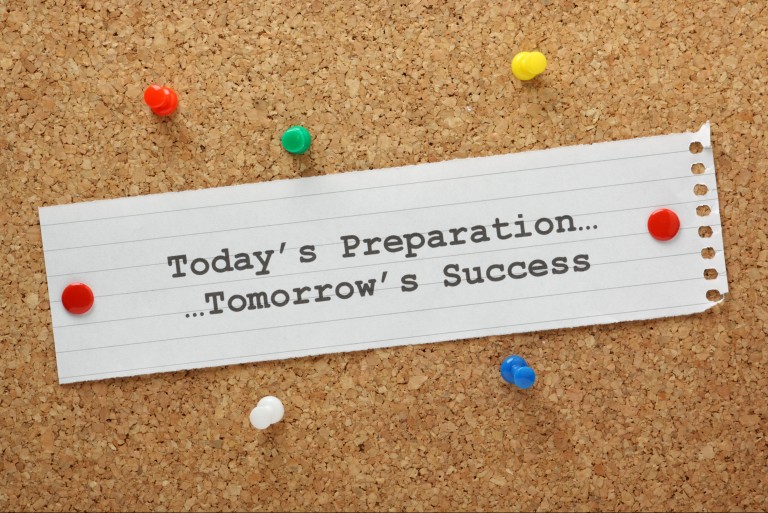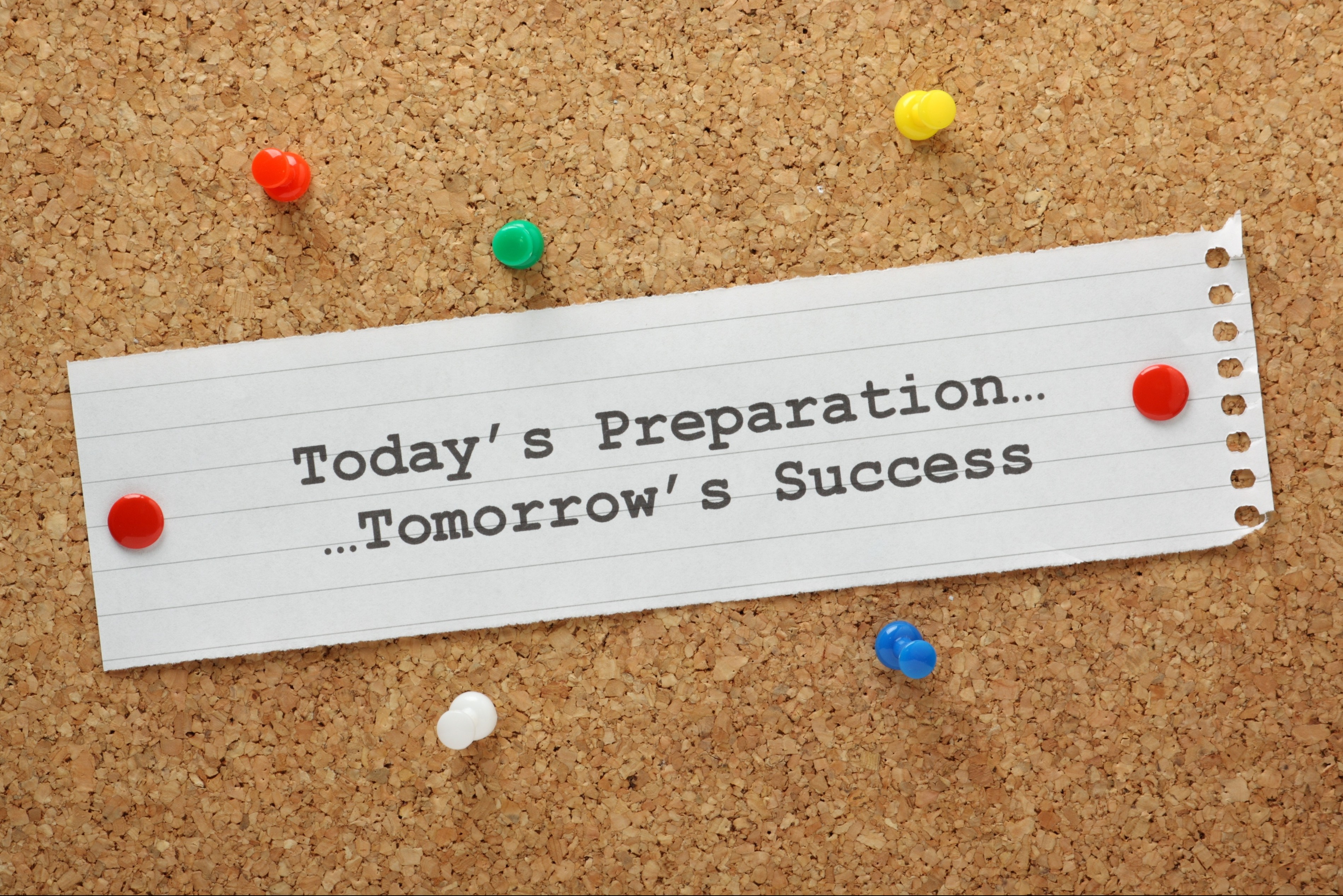It’s a big hoax: On the fiftieth day: That’s when the Torah, in this week’s Parsha tells us to celebrate the holiday of Shavuot.
If you look carefully, though, you realize that it just ain’t so.
 Follow: According to the Gemara in Shabbat the Torah was given to Bnei Yisrael on Shabbat. We also find in the Talmud that Bnei Yisrael left Mitzrayim on Thursday. If that is the case the counting of the Omer, the days between leaving Egypt and receiving the Torah, began on Friday. Counting fifty days from the Friday brings one to Friday, one day short of the accepted day, Shabbat, on which the Torah was given.
Follow: According to the Gemara in Shabbat the Torah was given to Bnei Yisrael on Shabbat. We also find in the Talmud that Bnei Yisrael left Mitzrayim on Thursday. If that is the case the counting of the Omer, the days between leaving Egypt and receiving the Torah, began on Friday. Counting fifty days from the Friday brings one to Friday, one day short of the accepted day, Shabbat, on which the Torah was given.
It turns out that in reality the Torah was given on the fifty-first day.
Of course, then, why would that Torah demand that we celebrate on the fiftieth day? NOTHING HAPPENED ON THE FIFTIETH DAY?
But wait there is more. The fact of the matter is that never in the Torah is there a connection between the holiday of Shavuot and the giving of the Torah. In the Torah the day is called “Chag HaBikkurim, and Chag HaShavuot .
To top it off what really makes Shavuot stand out is that the Torah never once mentions the date of Shavuot. In fact every other holiday has a specific date. Pesach, Sukkot, Rosh HaShana and Yom Kippur.
Why: Why do we celebrate what apparently is one day too early?
Why is the notion of Matan Torah completely absent from the Torah’s mention of the Holiday?
Why is there no specific date written in the Torah?
I believe my mother has taught me the answer to these questions.
My mother used to take our family to many Broadway shows. Weeks before she would buy the tape of the music for the show and that is what we would listen to until we actually went to the show. At home, in the car, if a Broadway show was around the corner, by the time we saw the show, we knew the music by heart. Looking back, there is no question that my mother’s pre-planning enhanced my experience at the show.
It seems to me, that in truth we are not celebrating that historical moment of receiving the Torah. Instead we are commemorating the completion of our preparations to get to that moment, the end of the countdown.
It is this notion, says Rav Hirsch, that is worthy of celebration.
“It is not the fact of the revelation of the Torah, but our asking ourselves worthy to receive it, that our Matan Torah festival celebrates. It is the day before the lawgiving……., the day on which the nation finally presented itself as ready and worthy for the great mission to the world, to be receivers and bearers of the Law of God.”
It is that preparation that enhances our ability to truly appreciate the Torah and enable us to teach it to others.
Of course, the question is, how? How does one prepare for the Torah.
I would like to look at two possibilities.
Two ways by which our tradition’s wisdom has recommended preparing for a relationship with God and Torah.
The truth is, I think that these two impressions can be applied to another very important facet of our lives, that of our interpersonal relationships.
First, though, lets turn our attention to Torah. What are some of it’s prerequisites?
The first clue lies in what is missing from the Torah. What the Torah does not say. If you search the Torah, you’ll notice that perfection of our Middot, of our characteristics are not detailed. Sure there are references to certain middot, but the Torah certainly does not go into the type of details it does regarding all other Mitzvoth. Why not?
Chassidut suggests a very powerful reason. That is, that middot perfection is not included in the Torah because middot are prerequisites to the Torah.
It’s like when an individual wants to go to Medical school, it’s a given that the person needs certain prerequisite courses. The same is true for the Torah. Its prerequisites are the simple things like menschlichkeit, kindness and humility. A person cannot be considered a bone fide Torah scholar if first and above all else they are not a bonafide mensch.
Menschlichkeit is part of the definition of a Torah scholar.
They go on to say that before Bnei Yisrael received the Torah they had perfected their middot as well.
There is another preparatory step needed in our preparation to receive the Torah. It is a trick that the Talmud suggests regarding prayer but one that I think we can extend to the realm of the entire Torah.
“The pious men of old used to wait an hour before praying in order to concentrate their thought on their father in heaven.”
It was the great Rav Moshe Chaim Luzzatto who expands this practice to all other realms of our life. “When you rush to do something you will not put yourself into the proper state of mind. Rather prepare yourself. Calmly focus your mind until you enter a reflective state…For this reason righteous people of previous generations would mentally prepare themselves an hour before they prayed…”
The point is that waiting and contemplating what it one is about to do goes a long way toward making the religious experience of prayer or Torah study more complete.
Now, if this is all true when it comes to our relationship Bein Adam LaMakom, between ourselves and God, then I believe that should be said equally for our relationships Ben Adam LeChavero, between ourselves and our friends or our spouses or family. Both of these proposals can be
applied to that realm as well.
When it comes to those interpersonal relationships before one can get to the high level courses, so to speak, we need the prerequisites. It’s like the commercial that once aired that said something like “between the birthdays, anniversaries and graduations there is something called “the rest of your life.” It is the rest of our life moments that really define our interpersonal relationships.
Let me put it to you the way my friend Carey Friedman does in his book “A Table for Two”
“Before you were married the master of the universe didn’t particularly care if your bought regular or homestyle orange juice.
Suppose you liked homestyle, ess gezunterhait. That was essentially a neutral choice outside the sphere of mitzvot.
After you married a wonderful women who happens to hate little pieces of orange pulp in her juice, however, your decision regarding what type of orange juice to buy when you go shopping takes on profound new significance.
Shopping becomes an opportunity for acquiring and demonstrating consideration and selflessness or a dismal exercise in selfishness and inconsideration…
Passing up the home style juice has made you a better man.”
That is the first realm in which our relationship to God and Torah is in concert with our interpersonal relationships.
Before the big moment at Har Sinai we had to get the small stuff in synch and in our interpersonal relationships more important than the big moments is what we have called “the rest of your life”.
Our second suggestion, that of taking some time to consider what we are about to in the realm of Bein Adam LaMakom, is equally applicable to our interpersonal relationships.
Maybe it would be a good idea to compose a new text of a Hineni Muchan U’mezuman, a formula traditionally said before performing Mitzvot that says something like this… (Thanks to Rabbi Aaron Frank of the HIR for this suggestion) “I am about to engage in the responsibility of balancing the checkbook with my spouse. May no lost check come between us. May we perform this charge with respect and love.”
By the way, the same can be said about those times when there are disagreements. Taking a moment before responding definitely takes the edge of. Waiting and considering not only serves to focus us on our task, as in the case of waiting before prayer, it also helps to put that task into perspective. While it may sound silly, it is no coincidence that traditionally our relationship with God has been compared to the relationship between husband and wife. What we need to do develop and perfect our love of God is very much in tune with what we need to do to develop and perfect our love of our friends, family and spouse.
So back to my mom, she had the right idea when she prepared us for those Broadway shows. An experience is only as valuable as the preparation you put into it.
We need to prepare for God and the Torah by fulfilling our prerequisites and taking time to consider what we are doing. We also need to prepare for our interpersonal relationships. The big moments in our lives are framed by all the small moments and of course a moment of thought goes along way toward a peaceful and loving encounter.
We were not hoaxed by being asked to celebrate the day before the Torah was given. We were given a great and valuable gift.
